The dispute between Lanzarote’s Water Consortium and Canal Gestión has escalated, with no rapid resolution in sight.
Lanzarote’s Water Consortium is a public body composed of the mayors of all seven of Lanzarote’s councils and the President of the Cabildo. Until 2013 its job was to manage the supply, distribution and purification of water on Lanzarote, which it did via the public company Inalsa.
In 2009, Inalsa went into receivership with debts of €40 million, and a court declared that the mismanagement had been so poor that several members of its board could be personally liable to settle with creditors.
In 2013, Cabildo President Pedro San Ginés oversaw a privatization contract that put Madrid-based company Canal Gestión in charge of Lanzarote’s water, although the Water Consortium still approved decisions.
Since then, the situation of Lanzarote’s water system has only got worse. Canal Gestión, which expected to start making a profit in 2021, has made a loss of over €75 million, with most of those losses in recent years.
The terms of the 2013 contract also stipulated that water losses would be reduced to 30%. Instead, over 60% of the water produced on the island is not invoiced and is assumed to be lost to leaks in the mains system or illegal use of water.
In May, the Cabildo announced that it was seeking to terminate the relationship with Canal Gestión for breach of contract. Last month, the Water Consortium released a 93- page legal report accusing Canal Gestión of “serious failure to comply” with the contract, and lack of investment.
In response, Canal Gestión has declared that it does not accept liability for losses or failure to invest because of the Water Consortium’s continual refusal to allow it to raise water rates for consumers.
Meanwhile, as the politicians battle with the suits in Madrid and the lawyers prepare the battleground, the island continues to suffer constant water cuts.
These cuts are almost always concentrated in rural areas of the island. Haría has suffered cuts on 61% of all days of the year, while Tinajo’s figure is 53% and San Bartolomé’s is 42%. The main population centre, Arrecife, and the resorts are affected far less frequently, but the perceived favouritism towards the tourist industry has fuelled some of the anger on recent protests against mass tourism.
Another hot summer is likely to bring more water shortages, and although the Cabildo has assured residents that the island’s water supply is “guaranteed”, the current sullen stand-off between the island’s water supplier and the authorities is unlikely to improve matters in the short term.
WATER MANAGEMENT
Water management is not just a matter for politicians and businesses. We all have our part to play.
Earlier this year, Canal Gestión stated that the average daily consumption of water by each Lanzarote resident in 2024 was 194 litres a day. This is more than twice the daily limit of 80 litres recommended by the United Nations, and also far higher than the average consumption in Spain (128 litres per day) and the Canaries (115 litres).
The press release claimed that “water use continues to be intensive, which is unsustainable on an island without natural water resources depending entirely on desalination, a process with high energy and economic costs.”
Some decide to blame this on tourism, which uses large amounts ofwater in laundry, kitchens, pools and golf courses, but even the figures for 2020, when tourism was almost entirely paralysed by the Covid pandemic, showed a high average use of 159 litres per person.
WATER SAVING TIPS
It makes perfect sense to save water on Lanzarote. Of course, we can’t live without it, but we should be aware that a five-minute shower can use up to 100 litres of water and every flush of the chain uses up to 9 litres. Every minute you use your washing machine or dishwasher uses another litre.
Here are some more water saving tips:
- Don’t wash dishes under a running tap. Fill a container and use it instead, rinsing rapidly at the end. Use the resulting “grey” water to irrigate plants.
- Fill kettles with only as much water as you need (this will save electricity, too).
- Shower, don’t bathe.
- Make sure dishwashers and washing machines are well-loaded before starting a cycle.
- Keep water running as little as possible while brushing teeth, shaving, washing hair etc with running water.
- Keep plumbing well-maintained, eliminating drips and build- up of limescale.
- Wash car only when needed. Clean windscreen regularly with a damp cloth.
- Tourists should try not to change towels or bedsheets too often.

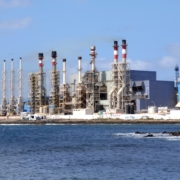
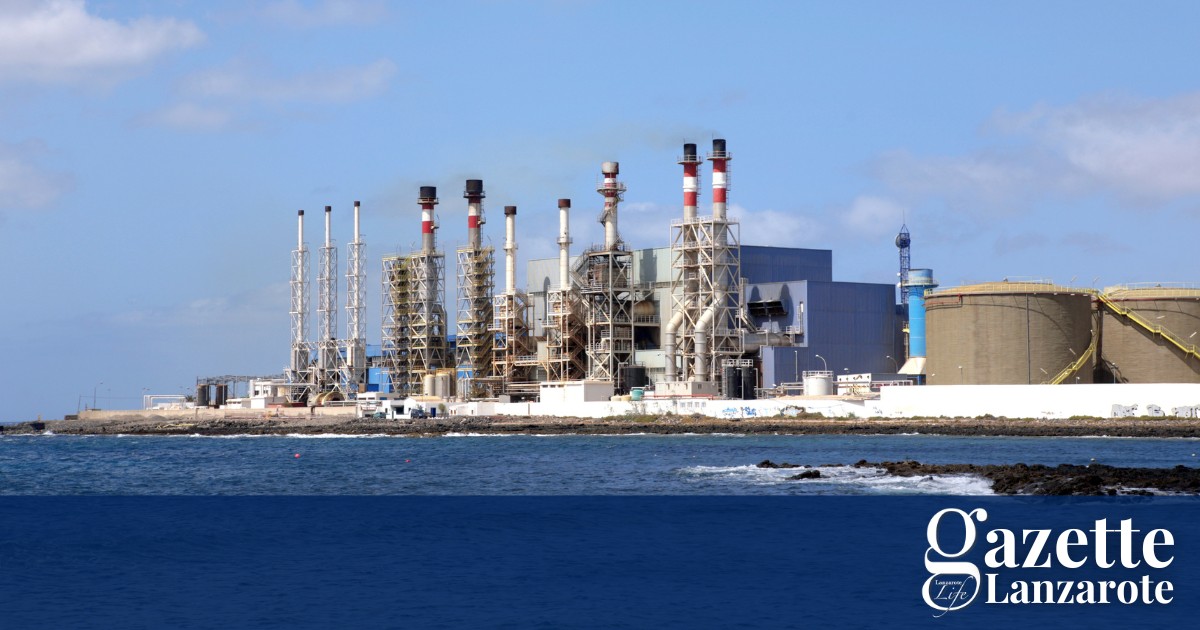

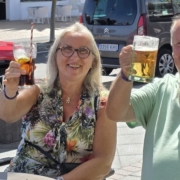

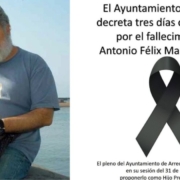
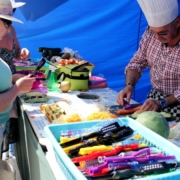
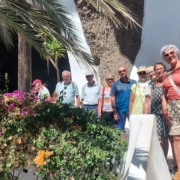


Leave a Reply
Want to join the discussion?Feel free to contribute!